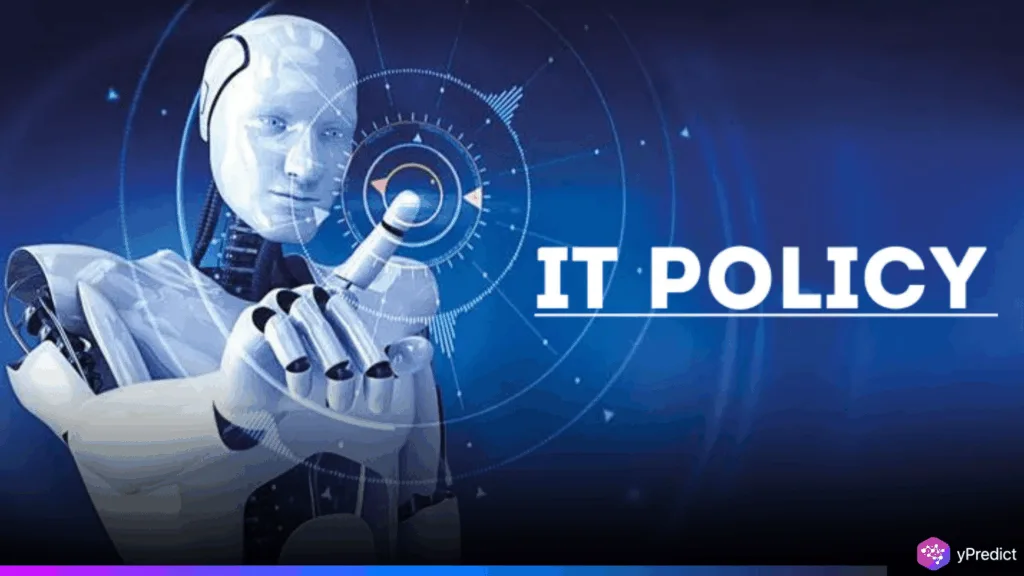
Karnataka has launched a major initiative to study how the AI workforce is reshaping the state’s employment landscape. This survey is being led by the Department of Electronics, IT, and Biotechnology to collect current information that will inform the next IT Policy 2025.
Furthermore, the action benefits the state’s top skill-building initiative, NIPUNA Karnataka. Consequently, the state aims to guarantee inclusive growth and jobs that are prepared for the future despite the swift automation and AI adoption. Bengaluru has over a million tech workers, making it the world’s fifth-largest AI ecosystem.
Karnataka Launches Bold Push for Smarter Jobs
The new Karnataka survey will evaluate how the AI workforce is transforming industry-wide job structures, talent requirements, and operations. To ensure a comprehensive understanding of workplace disruption, responses are being solicited from academic institutions, tech leaders, and HR heads.
Furthermore, the study focuses on how AI tools are being used and which business areas are changing the fastest. It also aims to identify the professions that are most at risk from automation.
A more informed tech policy will be developed by the government using the data. It will also determine which new job roles need specialized training to support them. The goal is to prepare the next generation for change driven by AI while safeguarding existing talent. Therefore, the state is actively collecting this input through June 27, 2025, with full confidentiality guaranteed.
AI Workforce Survey Aims to Decode Disruption
“We must ensure our people are not left behind as AI reshapes industries,” said Priyank Kharge, Karnataka’s IT Minister. He underlined that to motivate skilling and reskilling investments under NIPUNA Karnataka, it is crucial to comprehend the true impact on the AI workforce. The survey is a foundational step in this direction and aligns with the state’s broader digital vision.
Bengaluru, known as the AI capital of India, already has over 1 lakh professionals skilled in emerging technologies. However, the shift to AI tools is creating new pressures on traditional job roles. By funding the appropriate skilling program that satisfies current demand, the government hopes to remain ahead of the curve.
In addition, the tech policy seeks to close the disparity in employment prospects and digital access between rural and urban areas. The goal of the state’s current disruption analysis is to introduce inclusive, innovative, and workable policies. Consequently, Karnataka can maintain its lead in the global AI race by using this evidence-based strategy.
Can Policy Keep Up With AI Job Shifts?
The results of the survey will impact technology policy, support industry-academia partnerships, and broaden the talent pool in Karnataka. It might lead to new training modules under the skilling initiative, updated certification programs, and plans for various industries to be AI-ready.
The workforce of the future requires both technical and flexible skills. Consequently, the focus is on identifying the new roles that are emerging and how existing job roles are evolving. This will enable the government and training organizations to respond more quickly and dynamically.
By incorporating the AI workforce study into its policymaking process regularly, Karnataka hopes to lead by example. It might become a national model for proactive governance in the AI era if it is successful.
Bottom Line
The Karnataka government is urging business executives to provide candid insights as the June 27 deadline draws near. The goals are to close employment gaps, protect workers from AI disruption, and establish a solid basis for smart training policies. With clear goals and support from the industry, Karnataka is ready to lead the next stage of India’s AI story.






